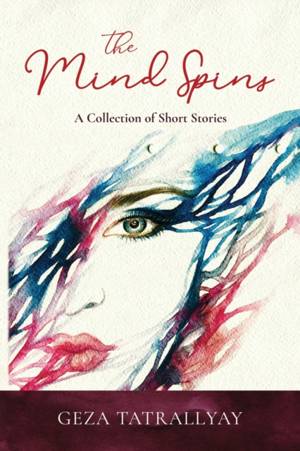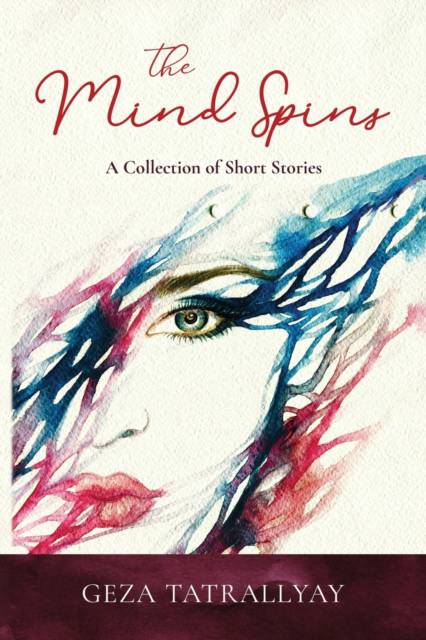
- Retrait gratuit dans votre magasin Club
- 7.000.000 titres dans notre catalogue
- Payer en toute sécurité
- Toujours un magasin près de chez vous
- Retrait gratuit dans votre magasin Club
- 7.000.0000 titres dans notre catalogue
- Payer en toute sécurité
- Toujours un magasin près de chez vous
Description
The Spinning Mind is an exploration of the creative process, of the mind as it plots a narrative and builds characters. The thirteen stories included in the collection are divided into two parts, Awake and Dreaming. The six that make up the Part I, Awake, explore how the human mind creates a story in its waking state. Several of the tales in this section take off from the author's own experiences-walking in the woods in Vermont, a phone message from his brother, a stray item of lingerie-while others are based on critical social issues-the plight of refugees in the US, human trafficking, the plight of homeless veterans. The stories in Part II, Dreaming, are based on dreams the author had and managed to capture upon waking. These fully reflect the zany manner in which dreams can spin off in new directions, often bringing in new seemingly unrelated characters, some of which are sometimes non-human, others clearly from a non-contemporaneous past or future. Yet it is also evident that these stories, too, the first "draft" of which were "spun" by the mind in its dreaming state, are based on the author's experiences. For example, a good part of The Crossing, one of these stories, starts out in what appears to be Budapest where the author spent his early years and ends with a phone call from his brother with some surprising news as he wakes up. Reading the stories in the two parts of The Spinning Mind side by side provides an interesting window into how the mind works. As a further element in this exploration of the creative process, the author introduces each part and each of the stories with one of his poems that is relevant to that section, or might add an interesting perspective or contribute to the interpretation. Dreams are in themselves short stories that just need to be captured and set down, and it is partly this that I was trying to do in this volume, as well as to contrast how they may differ from stories that emerge from the "spinning" of the mind in a state of wakefulness.
Spécifications
Parties prenantes
- Auteur(s) :
- Editeur:
Contenu
- Nombre de pages :
- 142
- Langue:
- Anglais
Caractéristiques
- EAN:
- 9781941416266
- Date de parution :
- 08-11-21
- Format:
- Livre broché
- Format numérique:
- Trade paperback (VS)
- Dimensions :
- 152 mm x 229 mm
- Poids :
- 181 g

Les avis
Nous publions uniquement les avis qui respectent les conditions requises. Consultez nos conditions pour les avis.






